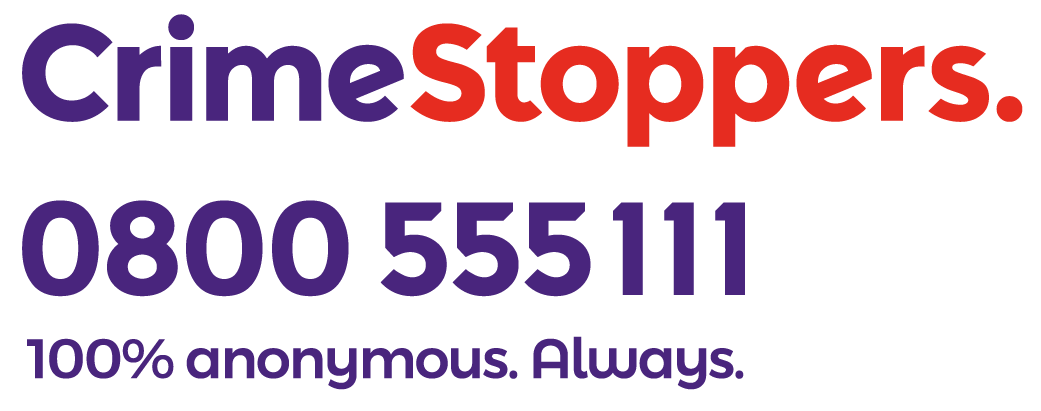Anti-Knife Crime
WHAT IS THE ‘START A #KNIFECHAT’ CAMPAIGN?
The Start a #KnifeChat campaign has been created by the young people of Senedd yr Ifanc. The campaign aims to start a conversation on the consequences of carrying a knife and how that can affect a young persons’ life.
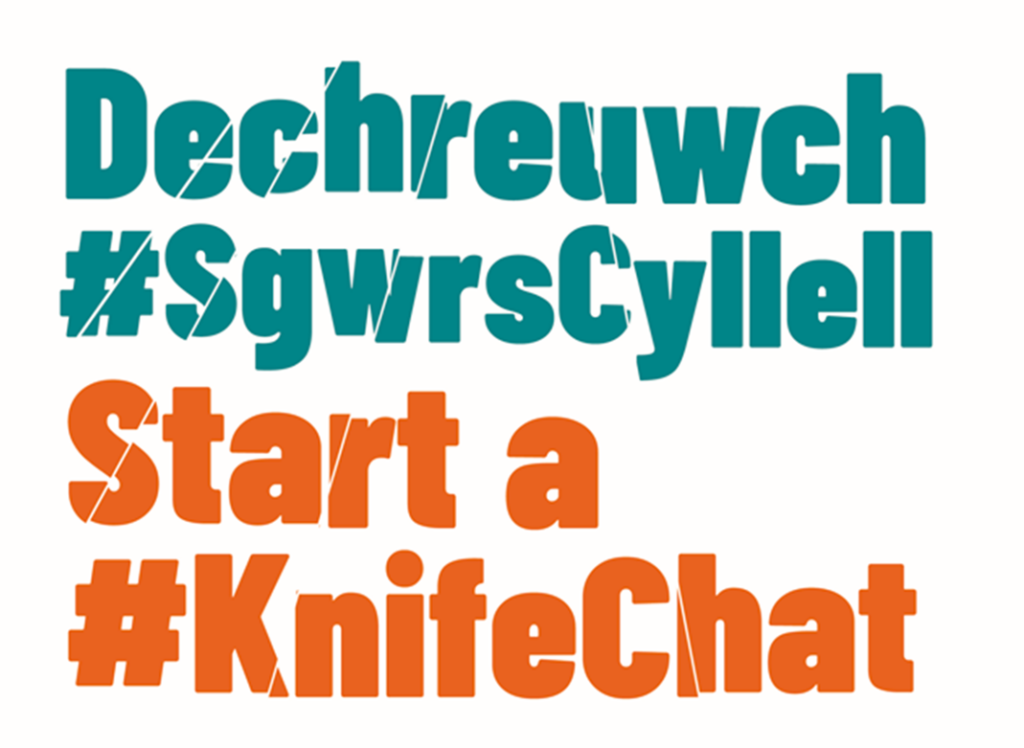
WHAT IS KNIFE CRIME?
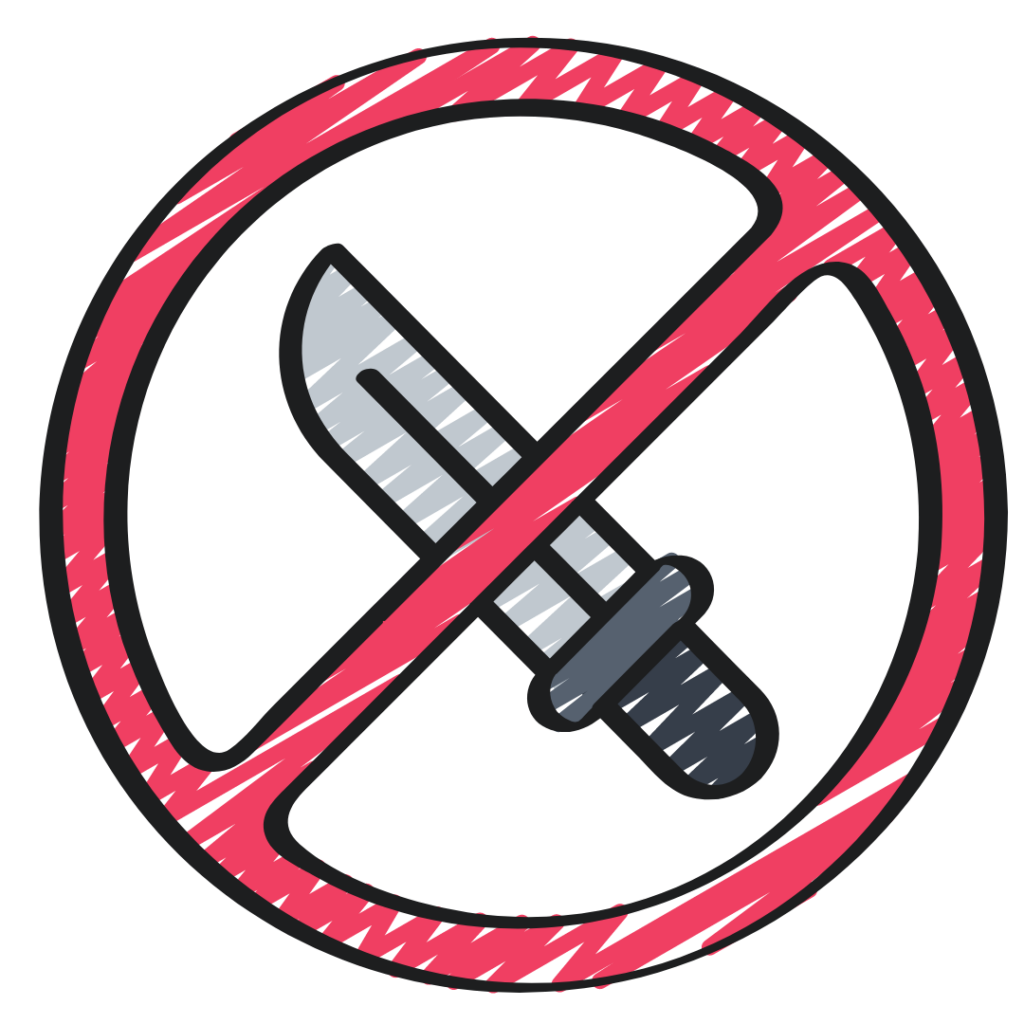
You may have heard the term ‘knife crime’ a lot but may not really know what it means. Knife crimes are crimes that are committed involving a knife or sharp object, these can include:
- Carrying a knife out in public without having a good reason (self-defence is not considered a good reason)
- Selling a knife to someone under the age of 18
- Using a knife as a weapon in a robbery or burglary
WHAT ARE THE LAWS AROUND KNIFE CRIME?
It’s illegal to…
- Be out in public carrying most types of knife without a good reason. You can carry a pocket knife as long as it is no longer than 3 inches and it doesn’t have a button, spring or catch to fold the knife (a lock knife).
- A good reason for carrying a knife might include for jobs such as carpentry, fishing, or cooking, but this may not be accepted in court. You would have to explain the situation and why it was being carried.
- Carry a knife for protection.
- Carry a knife for someone else.
- Possess or sell a knife that is banned. See here for a list of banned blades.
- Use a knife or sharp instrument to threaten, cut, or stab someone.
- Sell most types of knives to a person who is under 18.
- Advertise or sell a knife in a way that encourages violent behaviour.
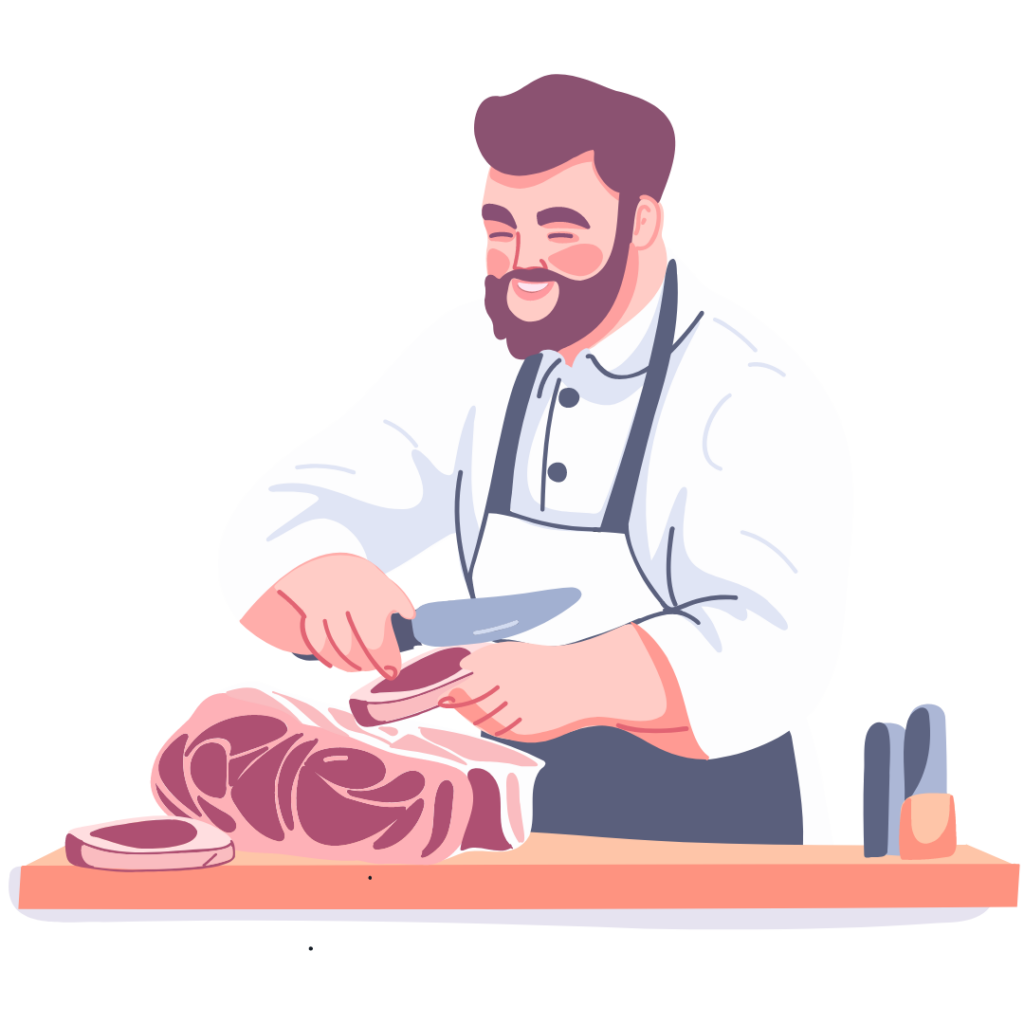
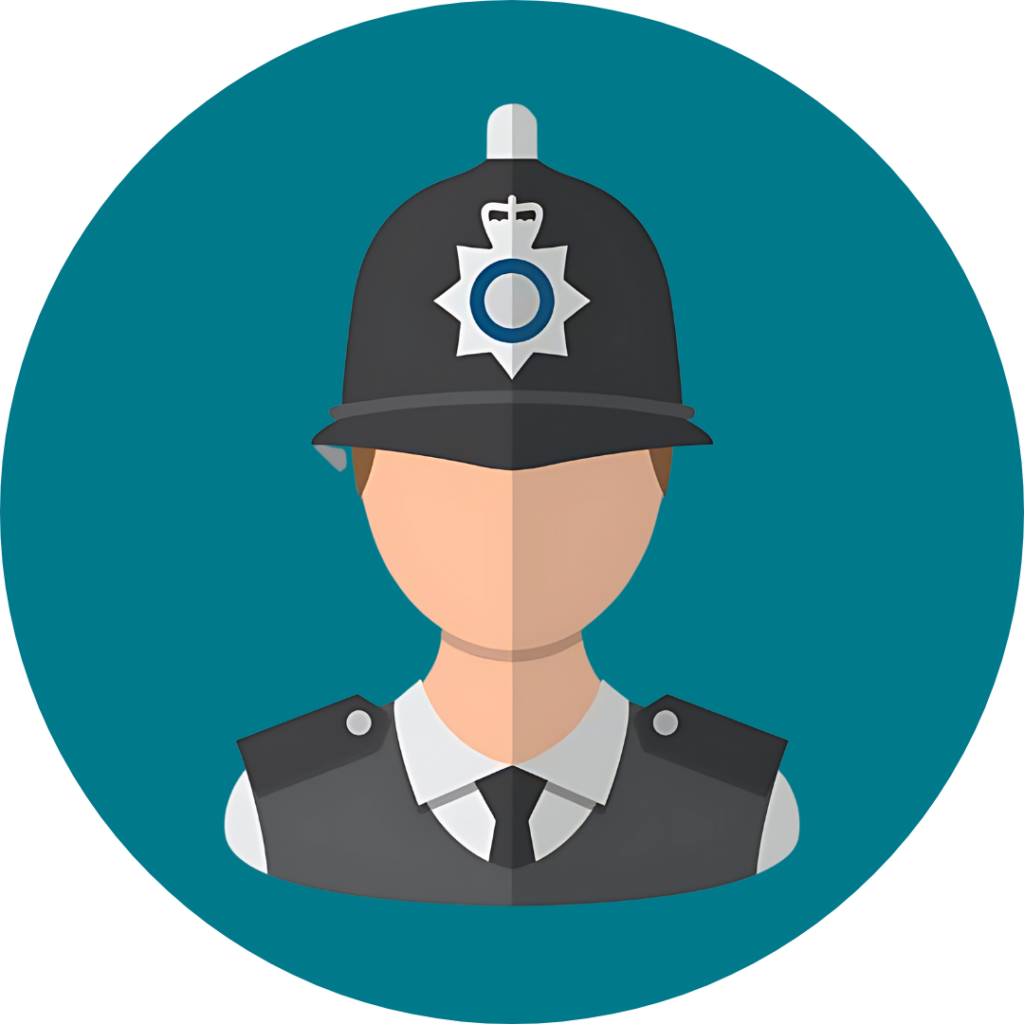
If the police suspect you:
- The police can stop and search people on the streets if they believe they are carrying a weapon, drugs, or stolen property.
- They will tell you their name, which police station they work at, why they are stopping you and what they are looking for. They will show you their identity card if they are not in uniform.
- They can search your outer clothing and ask you to remove your coat, jacket or gloves, and ask you to turn out your pockets and search your bag.
- If they want to search under your clothing, they will take you to a police station.
- If they find something illegal, they will arrest you. If they don’t, they will record your details and let you go.
- Remember, you won’t get into trouble if you have done nothing wrong, remain calm and polite.
- If you believe you have not been treated properly, you can complain to the police, or to your local Citizens Advice Bureau.
WHAT DOES KNIFE CRIME LOOK LIKE IN WREXHAM?
For recent statistics of Knife Crime in North Wales and Wrexham, you can view statistics on the North Wales Police website.
HOW TO REPORT KNIFE CRIME
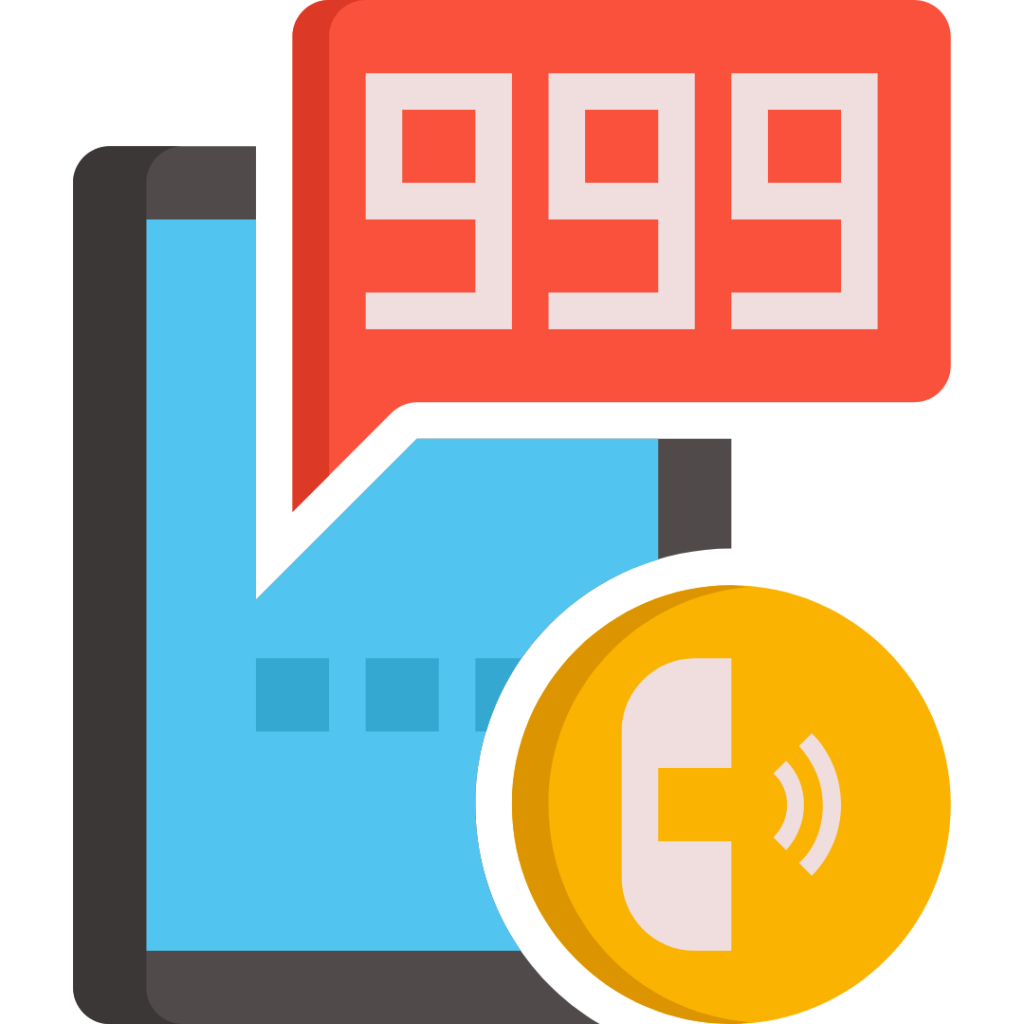
If it’s an emergency, call 999 immediately.

If it’s not an emergency, you can report a crime to North Wales Police on their website, or by calling 101.

You can also report a crime completely anonymously to CrimeStoppers or Fearless on their websites or by calling 0800 555 111 or texting 88551.
THE CONSEQUENCES OF KNIFE CRIME
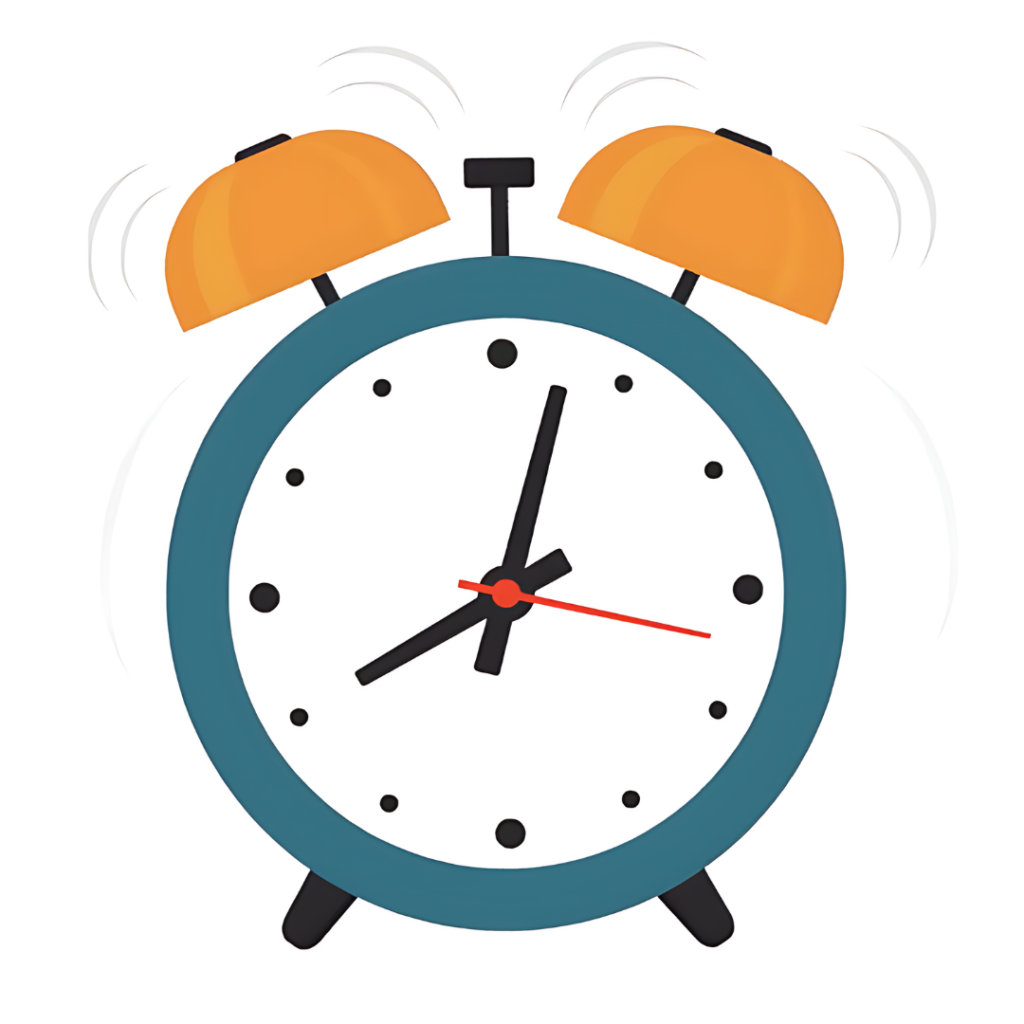
If you carry a knife without a good reason, you could get up for 4 years in prison and a fine of up to £5,000, even if you don’t use it.
Your future career isn’t safe. A criminal record is permanent and you will need to declare it when applying for many jobs. Violent criminal offences such as knife related offences can stop you from getting a lot of jobs and being accepted into university.
A criminal record may mean you can never travel to certain countries such as Australia and the USA.
Either losing you to death or losing you to prison, it doesn’t matter whether you are the victim or the attacker, your loved ones will be emotionally affected.
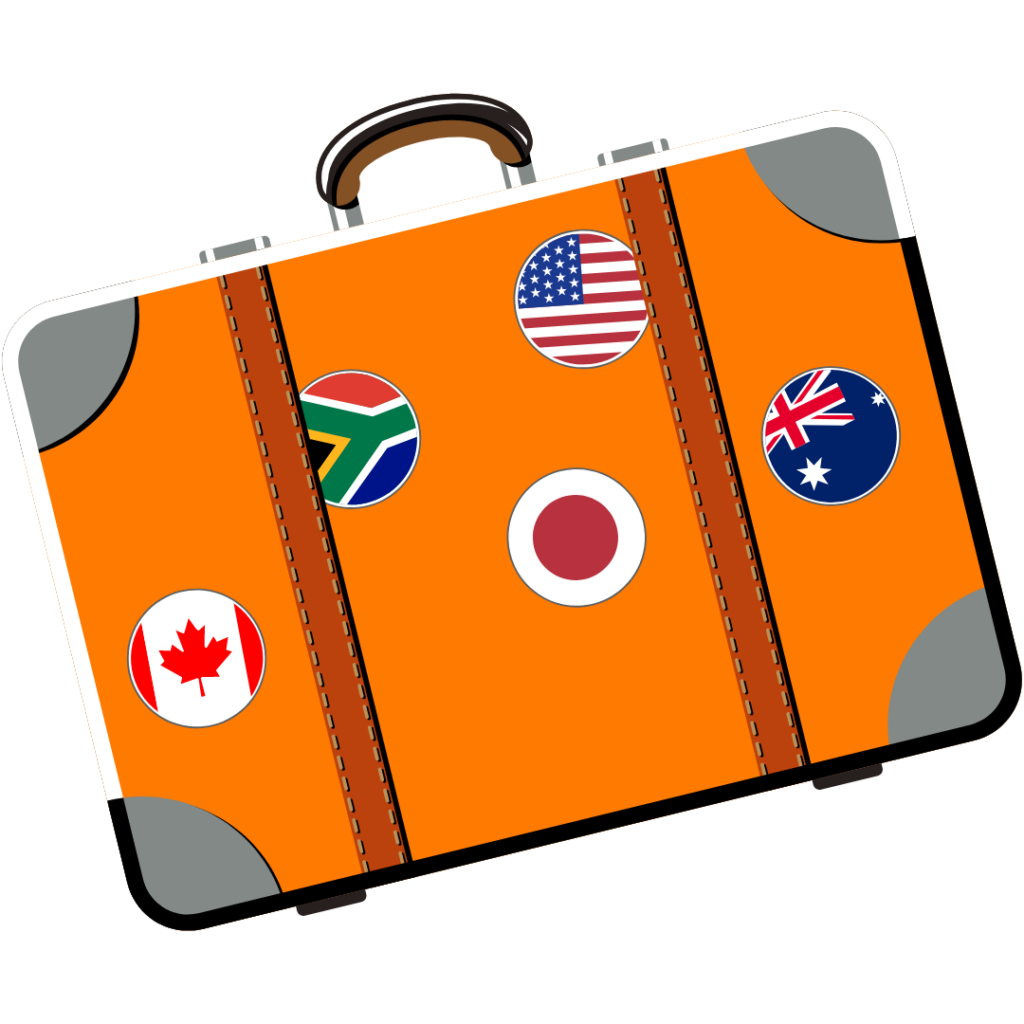
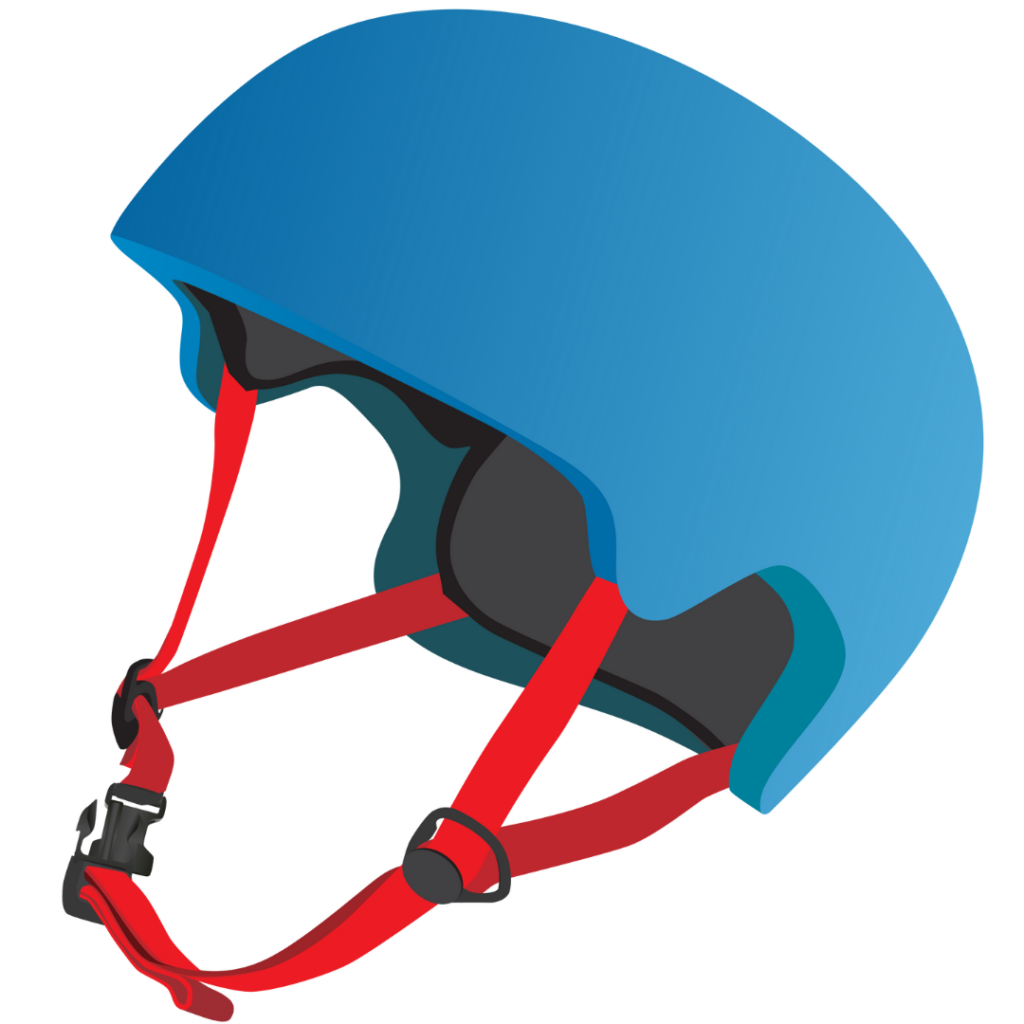
There is no safe place on the body to get stabbed, even an arm or leg wound can result in death.
You may survive a knife attack, but have life-long injuries or disabilities as a result.
Mental trauma is something a lot of people who have been involved in or witnesses an attack can suffer with.
Carrying a knife for protection means you are 51% more likely to have it used against you.
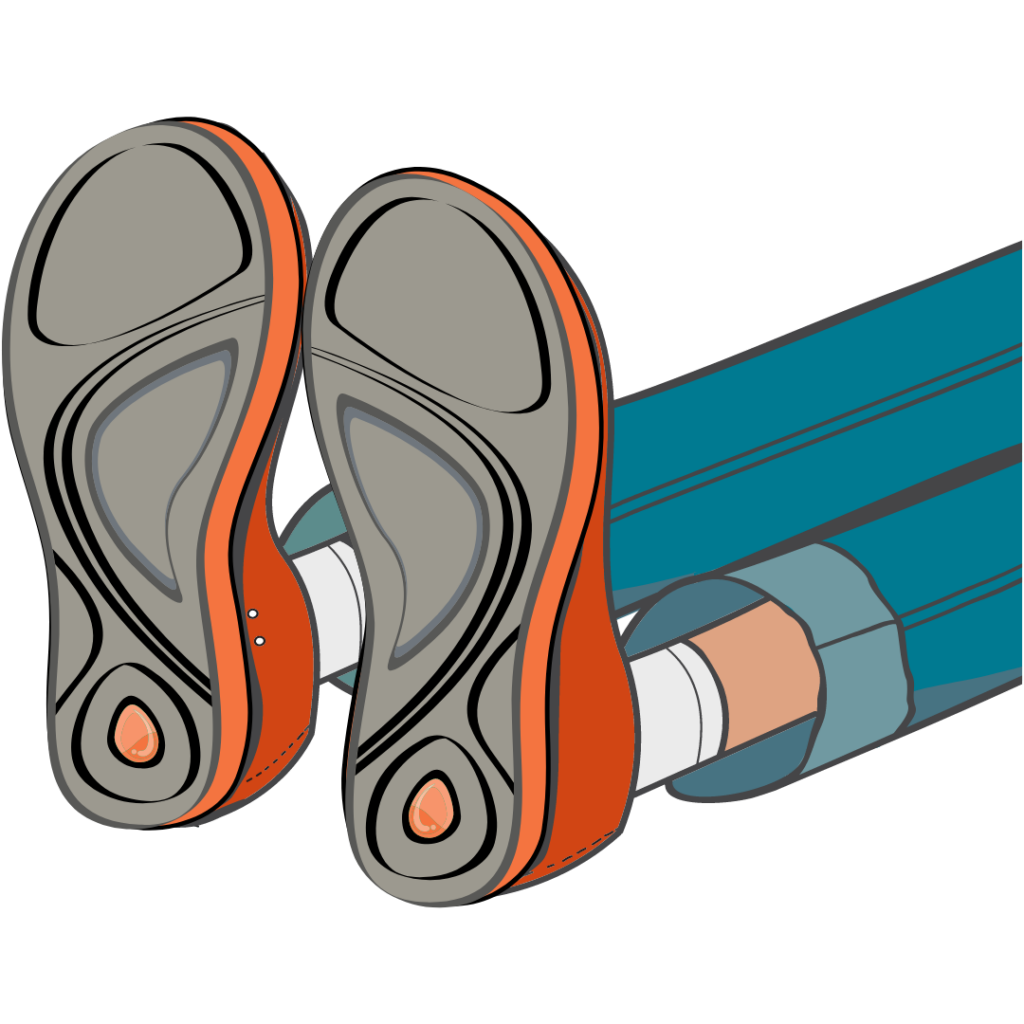
HOW TO KEEP SAFE
HOW TO DISPOSE OF A KNIFE
The police encourage people to give up knives in amnesty bins. There are four of these bins placed locally, one in Wrexham Police Station and one at each of Wrexham’s three recycling centres.
WHAT TO DO IF YOU THINK SOMEONE IS CARRYING A KNIFE
If you think someone you know is carrying or hiding a knife, you should report it. You’re not being a ‘snitch’ or a ‘grass’, you could be saving them or someone else from getting hurt. You can report it completely anonymously, so one needs to know you’ve reported them.

Report a crime completely anonymously to CrimeStoppers or Fearless on their websites or by calling 0800 555 111 or texting 88551.

Report to the police online or by calling 101.

If it’s an emergency such as someone is being threatened or someone has been injured, you must call 999 immediately.
WHAT TO DO TO KEEP SAFE WHEN OUT
Stay aware! Don’t listen to loud music or have a long phone call, make sure you can hear around you.
Stay alert! Being drunk or high makes you less safe as you are less aware of your surroundings and your reaction times are slower.
Stay smart! Don’t attract attention, keep your valuables such as your phone and money in your bag or pocket.
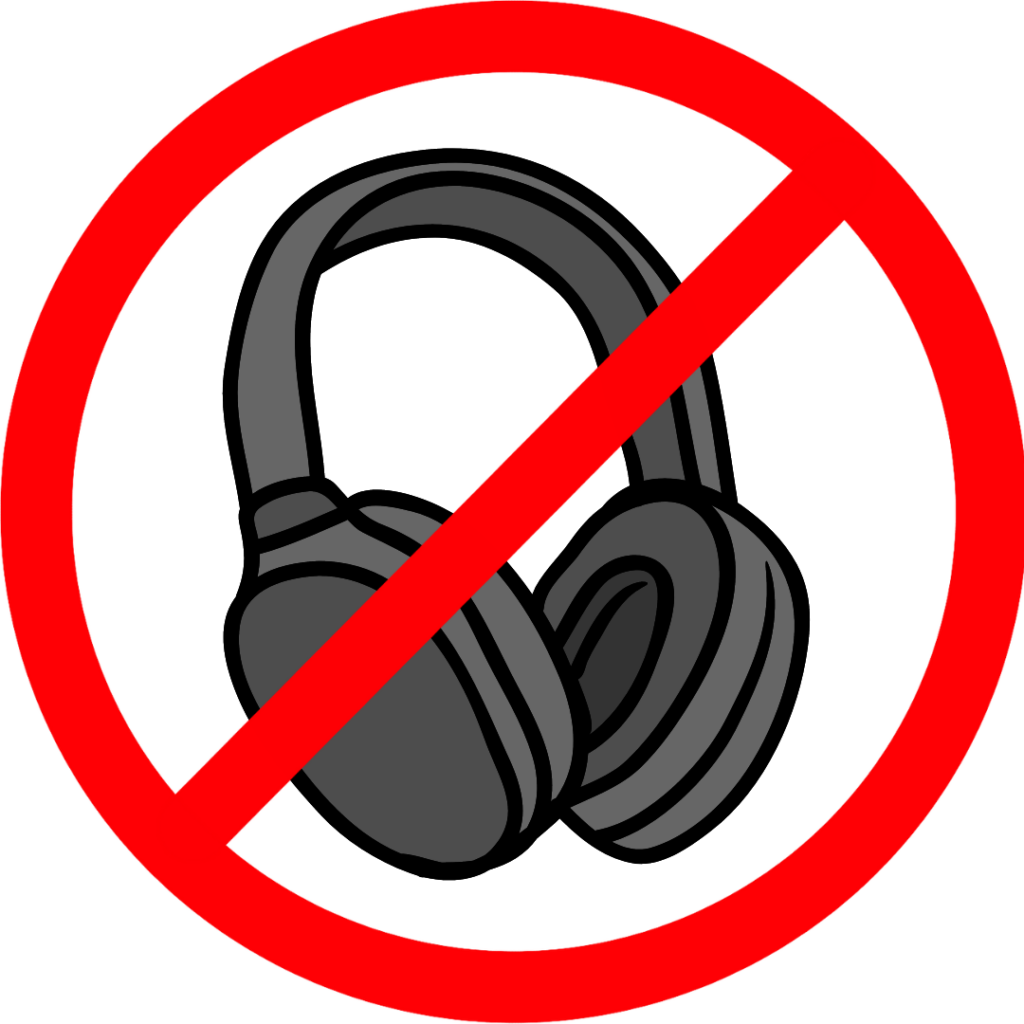
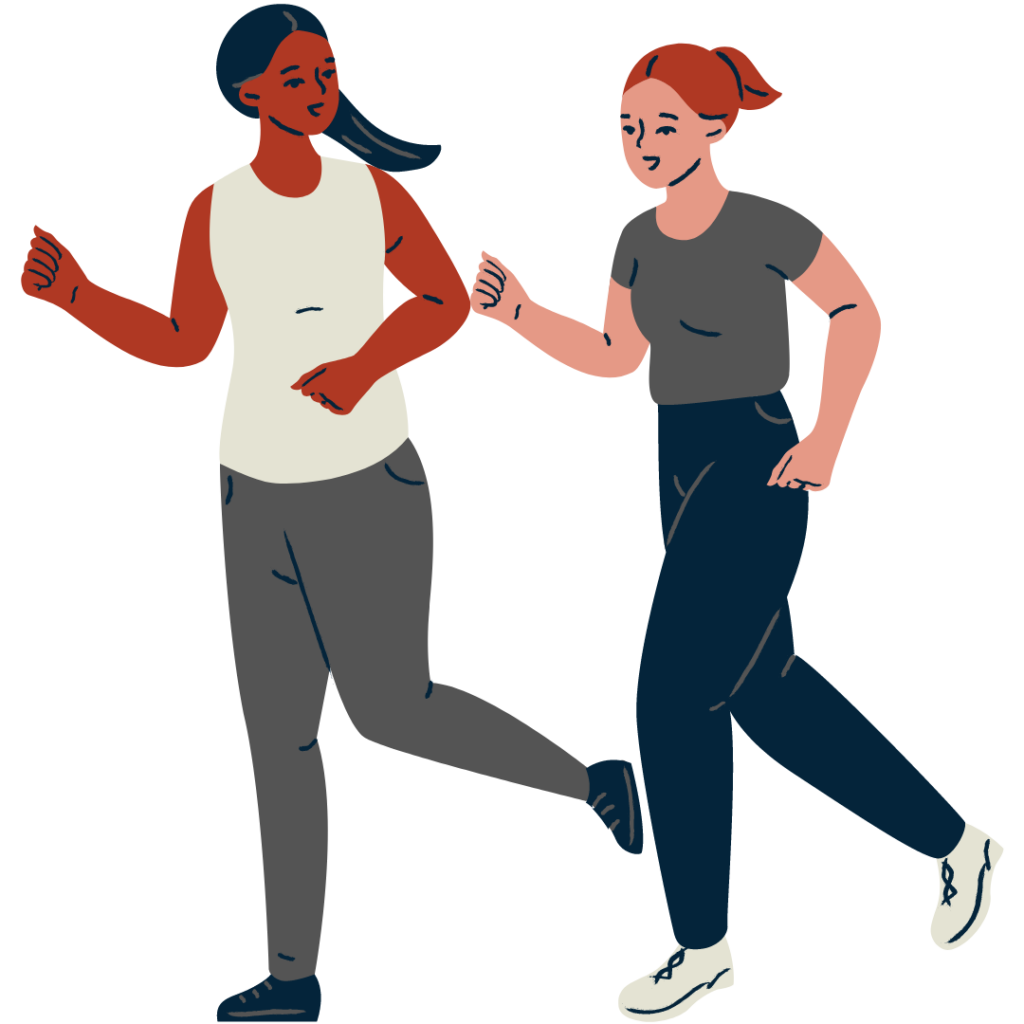
Stay safe! Avoid going out alone if possible, or tell someone where you’re going. For example, letting your friend know your route when you go out for a run alone.
Stay calm! Avoid confrontation, it’s better to walk away than to get into an argument or fight. Try to calmly tell them you don’t want a fight. Make sure you’re not sending aggressive messages with your body position, for example don’t cross your arms. It’s better to be labelled a chicken than to get stabbed.
WHAT TO DO IF SOMEONE IS THREATENING YOU
If someone threatens you with a knife, either by showing it to you or telling you they have one hidden:
- If you can, run away. Your safest option is to get away from the situation.
- If you can’t get away, try to keep as much space between you and them as possible.
- Try to stay calm. It can be hard to think straight if you panic.
- If the attacker wants your phone or money, give it to them. If they are willing to carry the knife, they are willing to use it if they don’t get what they want.
- Make it clear you don’t want a fight. Don’t shout at them or get cocky, you’ll only annoy them more.
- If you’re within earshot of other people, shout for help. The attacker might flee to avoid people seeing them.
WHAT TO DO IF SOMEONE TRIES TO ATTACK YOU
What should you do if you can’t get away? It’s not easy and it’s not guaranteed, but if someone swings a blade at you there are some things you can do to try to reduce the risk.
- Try to keep the attacker more than an arm’s length away from you, keep moving out of the way and dodging the attack.
- If you have a hard object such as a book, use it to block the knife.
- If you can’t run, block, or parry the attack (as shown in the video below), turn sideways to avoid the blade.
- You can try get the attacker to drop the knife by grabbing their wrist in a circular motion or forcing their hand against a wall with a heavy object or your knee.
If you are worried about Knife Crime, you can attend self-defence or martial arts classes where an instructor will teach you to confidently defend yourself without a weapon.
See the video for some essential techniques.
WHAT TO DO IN AN EMERGENCY
If you think someone you are with or someone you come across has been stabbed, it’s important to act fast to save their life.

Call 999 for an ambulance.
The ambulance needs to get there as soon as possible. The sooner you phone, the sooner they get there.

If it’s safe, approach the victim.
If the attacker is still there, keep yourself safe and do not approach.

Move or cut any clothing covering the wound. If there is nothing in it, use a piece of material such as a jacket to apply pressure to the wound.
Applying pressure slows down the bleeding by squeezing the tubes that move blood around the body.

If there is an object in the wound, such as the knife, DO NOT remove it. Apply pressure to the wound around the object, making sure not to push the object into the wound any further.
Leaving the object in the wound can help to slow down the bleeding by acting as a plug and encouraging a clot to form.

Make them comfortable. When there isn’t enough blood flowing through the body, the person can look pale and feel cold and dizzy. This is called shock. To reduce the chances of shock:
Lie them down if they’re not already and lift their feet higher than the rest of their body. This helps the blood flow to their brain and heart. Wrap them in coats or a blanket to keep them warm.

Monitor their pulse and breathing, and reassure them. Keep applying pressure until the ambulance arrives.
FIND MORE INFORMATION AND SUPPORT HERE
Here you can find information about crime specifically for young people. This link takes you to an information page on Knife Crime where you can also report a crime 100% anonymously.
Victim Support is a charity there to support people who have experienced crime. It is not to be used in an emergency, it is support only for after the incident has taken place.
The Ben Kinsella Trust is a charity that tackles knife crime through education and campaigning. It was set up by the family of Ben Kinsella who was murdered by knife crime in 2008. Here you can find lots of information on Knife Crime and its effects, including first person accounts from people who have experienced knife crime both from a victim and perpetrator point of view.
Wrexham Youth Justice Service helps prevent children and young people from getting involved in crime and anti-social behaviour that affects their communities. Wrexham Youth Justice Service work with young people aged 10-17 years, as well as their families, victims, and neighbourhoods, to prevent offending and re-offending. They aim to help reduce the impact, fear and amount of crime in the county borough. For more information about the service please call 01978 298739.
The INFO Shop is a one-stop-shop for young people’s support services in Wrexham. There are many support services based here, but if they can’t help you, they can also signpost you and help you to find the right support. Services based here include Outside In (counselling service), In2Change (drug and alcohol support), Second Voice (advocacy service), and Contact (a sexual health service).
St John’s Ambulance offer many types of first aid training. Visit the website of contact CommunityTraining@sjacymru.org.uk to book.
Childline is a free support and advice service for children and young people aged 18 and under. You can contact them via their website or by calling 0800 1111.

If you would like more information on this topic or you have any questions, please contact The Participation Team via telephone (01978298374), email, or social media.
Funding Partners











